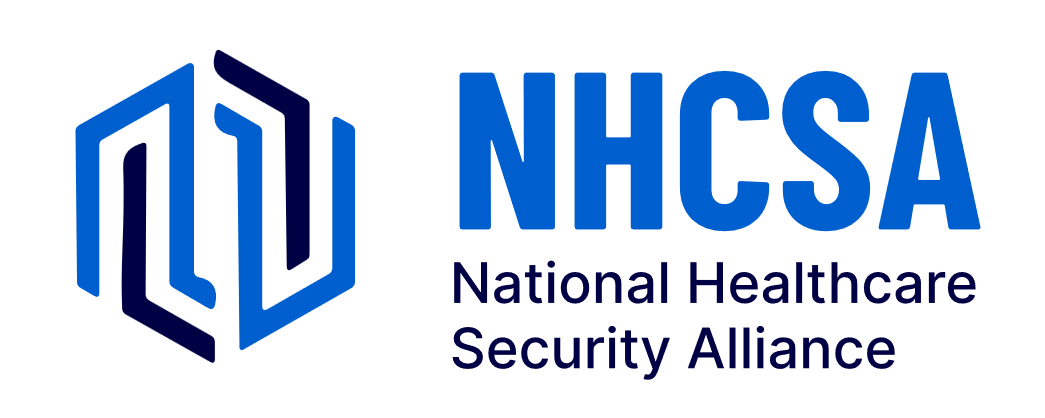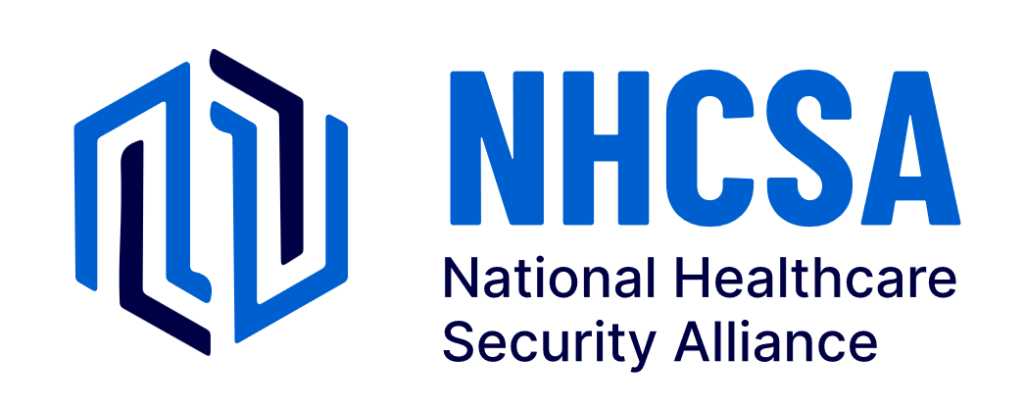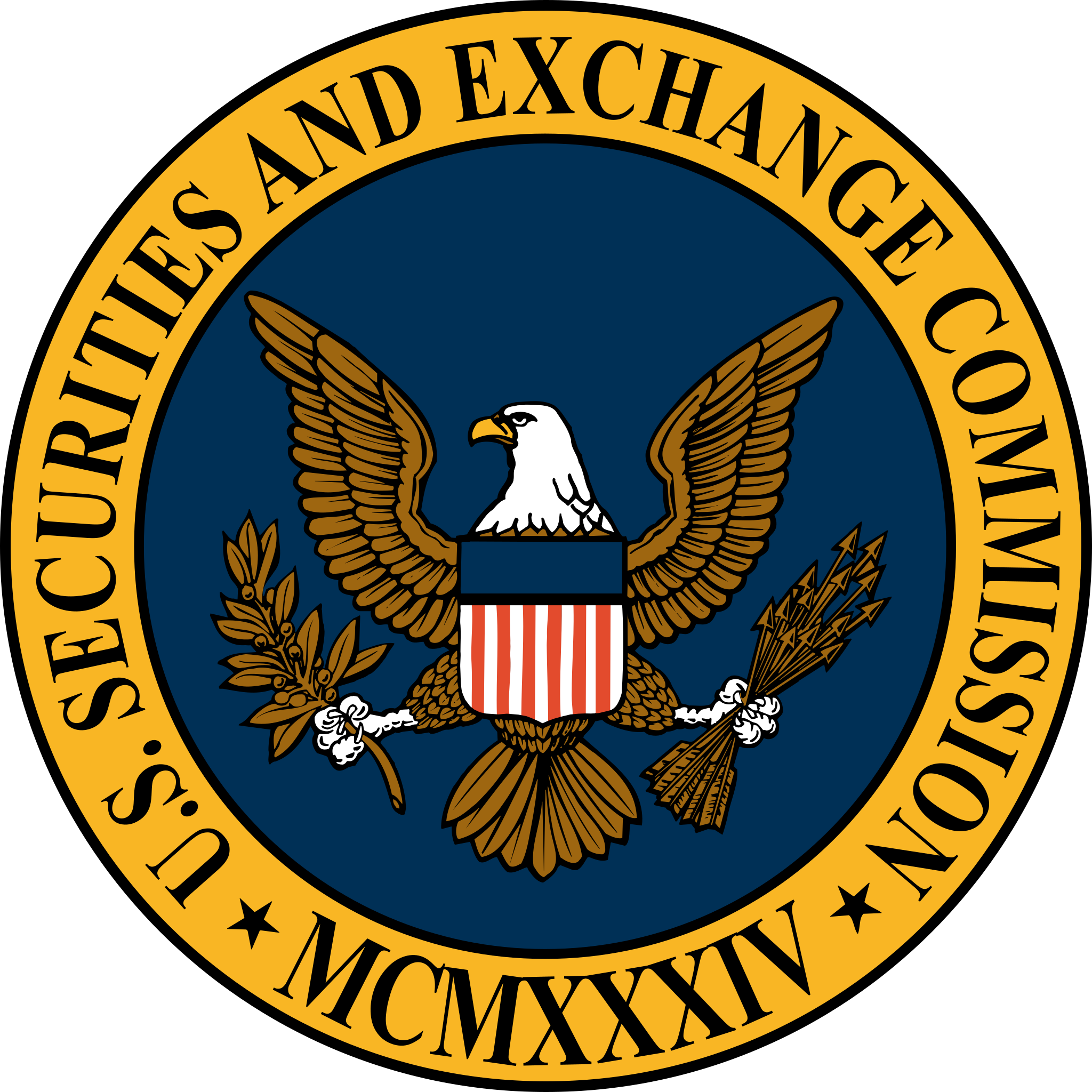While the Health Insurance Portability and Accountability Act (HIPAA) has long been the gold standard for safeguarding patient privacy, it may come as a surprise to many that the Department of Health and Human Services (HHS) Office of Consumer Rights (OCR) is not the only organization with jurisdiction. The Federal Trade Commission (FTC) has taken on the pivotal role of protecting consumer privacy across many sectors.
Under the Consumer Rights Act, the FTC is empowered to enforce patient privacy regulations. This means that false claims that anyone if a healthcare provider falsely claims they are adhering to HIPAA requirements for the protection of patients’ privacy and security, they can be , or related entity is not subject to HIPAA’s stringent regulations, they are still held accountable for maintaining patients’ privacy and security.
The FTC’s authority under the Consumer Rights Act extends to a wide range of healthcare entities, including mobile health apps, wearable devices, health-related websites, and personal health records. By encompassing these areas, the FTC ensures that all aspects of healthcare are covered, prioritizing patient privacy above all else.
One of the key ways the FTC protects patients’ privacy is through its enforcement actions. When a healthcare entity violates patient privacy or fails to adhere to privacy standards, the FTC steps in. The agency has the power to bring legal action against such entities and impose significant penalties if necessary. This serves as a strong deterrent for healthcare providers, compelling them to uphold privacy standards and prioritize patient trust.
Moreover, the FTC actively works to educate both healthcare providers and consumers regarding patient privacy rights. Through guidelines, workshops, and publications, the agency promotes awareness and understanding of privacy regulations. By educating healthcare providers, the FTC empowers them to proactively protect patient privacy and avoid costly violations. Equally important, the agency educates consumers on their rights, ensuring they are well-informed and able to assert those rights.
In addition to enforcement and education, the FTC engages in collaborative efforts to foster privacy protection within the healthcare industry. The agency partners with other government bodies, healthcare associations, and privacy experts to exchange information, share best practices, and develop industry-wide standards. This collaborative approach not only enhances privacy measures but also furthers innovation and bestows patients with greater confidence in the healthcare system as a whole.
The significance of the FTC’s efforts to protect patients’ privacy cannot be understated. In a world where the digital landscape is rapidly evolving, the agency’s enforcement actions, educational initiatives, and collaborative efforts provide a strong foundation for patient privacy. By leveraging its authority under the Consumer Rights Act, the FTC ensures that healthcare providers and related entities are held to the highest privacy standards, regardless of whether they fall under HIPAA’s jurisdiction.
However, it is important to note that the FTC’s role in protecting patient privacy is not meant to replace HIPAA or diminish its importance. HIPAA remains a vital and comprehensive framework for privacy protection in the healthcare industry. The FTC’s jurisdiction, on the other hand, encompasses entities outside the scope of HIPAA, fortifying patient privacy rights across the entirety of the healthcare landscape.
In conclusion, the FTC stands as a stalwart defender of patient privacy in the healthcare industry, safeguarding individuals’ personal health information and empowering them with legal protection. Through its enforcement actions, educational initiatives, and collaborative efforts, the agency ensures that healthcare providers and related entities adhere to strict privacy standards, regardless of their exclusion from HIPAA. By doing so, the FTC plays a vital role in preserving patient trust and privacy in the digital age.




